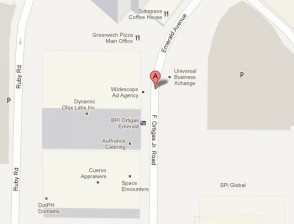
This means that from 6 a.m. to noon, people can jog, walk or bring their bikes, skateboards or scooters to the 900-meter-long thoroughfare.
To enforce “Carless Day,” a brainchild of Pasig Mayor Bobby Eusebio, traffic enforcers will be deployed to guard both ends of the road.
According to Raquel Naciongayo, the city’s environment officer, unlike the Road Revo project of environmental lawyer Antonio Oposa Jr. which takes place only annually, Pasig’s Carless Day will be “sustained and… implemented permanently.”
The project which aims to get rid of vehicles and the pollution that comes with them is in line with Pasig City Ordinance No. 13 Series of 2011 which promotes biking as a healthy and environmentally sound mode of transportation.
Under the measure approved last year, the city government will also set up bike lanes on major roads in the city and mete out fines to drivers of motorized vehicles who use the lanes.
“It may sound like a motherhood statement but one of the driving forces of this project is the concept of family and community bonding,” Naciongayo said in an interview.
She explained that the program was in response to the the clamor for more public spaces and their maximization.
“We are not just building our city for the vehicles but for the people. This happens as we reduce the air pollution caused by the vehicles,” Naciongayo said.
By improving the air quality, greenhouse gas emissions are also reduced which contribute largely to climate change, she added.
“Later on, we will compute the fuel consumption which we were able to cut down so we can measure the greenhouse gas reduction,” she said.
The city government plans to implement the program in more areas in the city, including Caruncho Avenue and C. Raymundo Avenue.
“It is still a proposal, though. We still have to consult residents and stakeholders in the said areas,” Naciongayo said.